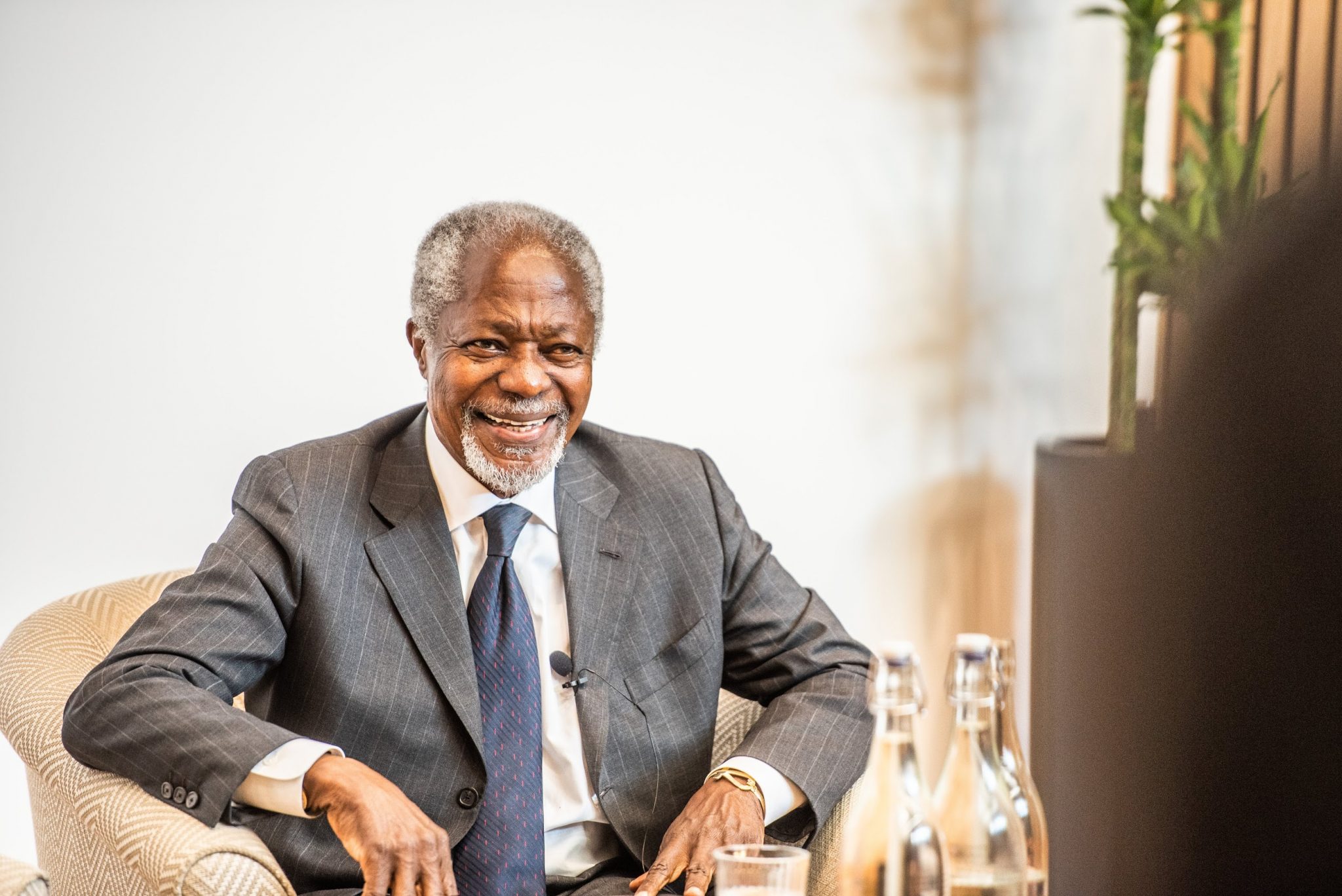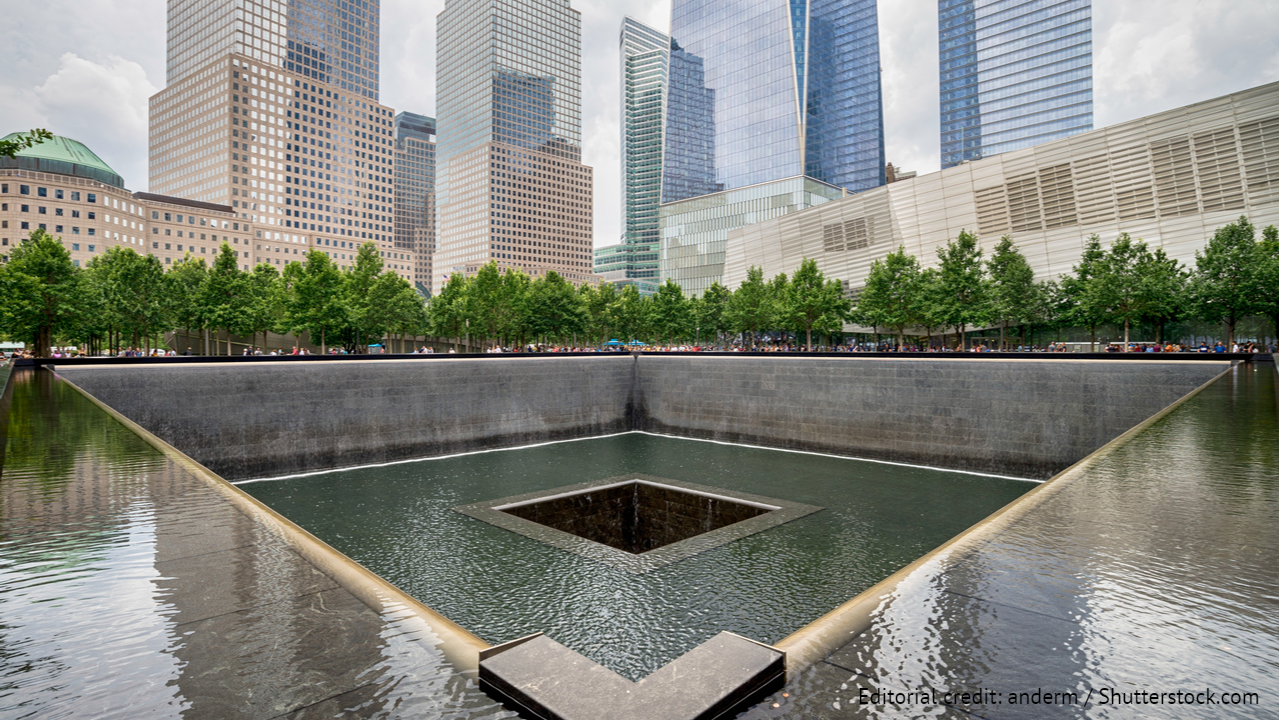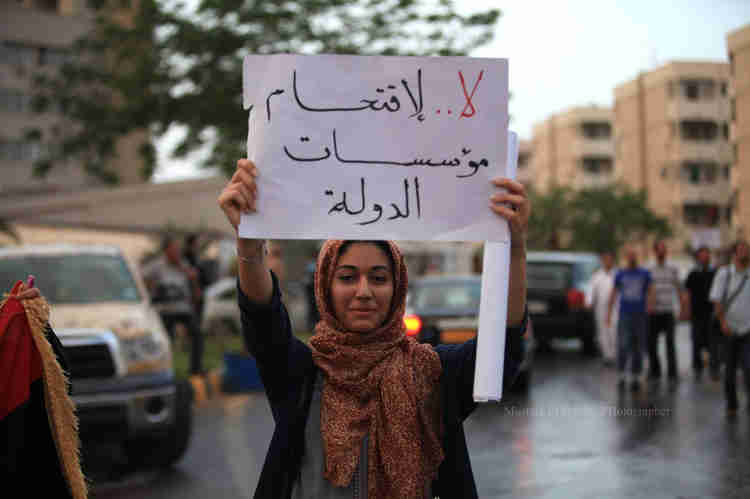Kofi Annan defends International Criminal Court despite Africa row
This article originally appeared in the Financial Times on 16 June 2016. By David Pilling.
Kofi Annan defends International Criminal Court despite Africa row
Ex-UN secretary-general rejects charges of court bias against continent
Kofi Annan, former UN secretary-general, has strongly defended the International Criminal Court, arguing that if Africans and others cannot get justice in their domestic courts they should seek it abroad. His backing of the ICC comes amid growing threats from African leaders to quit The Hague-based court and follows the collapse of its case against top Kenyan politicians.
In April, the ICC dropped charges against William Ruto, Kenya’s vice-president, who was accused of helping to orchestrate deadly violence following the east African nation’s 2007 elections. The suspension of the case after several witnesses reversed their testimony, or disappeared altogether, came 16 months after the ICC dropped similar charges against Uhuru Kenyatta, Kenya’s president.
In an interview, Mr Annan rejected accusations that the ICC was an anti-African institution.
“I remind the Africans that it’s wrong for them to say that only African leaders are put into the dock,” he told the Financial Times. He added that Slobodan Milosevic and others convicted of war crimes in the former Yugoslavia had been tried in The Hague before the ICC was established.
African leaders “shouldn’t pretend that they were the first” or that the process is biased, Mr Annan, a Ghanaian, said.
Lord Mark Malloch-Brown, who served under Mr Annan as deputy secretary-general, separately said there was a crisis in international justice.
The ICC had, he said, “got itself on the wrong side of a PR and political campaign in Africa”.
The implosion of the Kenyan case also revealed a structural weakness, Lord Malloch-Brown said.
“The idea that you can apply this kind of procedure while leaders are still in office has been exposed as incredibly difficult because of the huge difficulty of protecting witnesses and preventing the process being politicised,” he said.
Mr Annan also criticised the ICC for not doing enough to protect witnesses from intimidation and questioned the decision to allow Mr Kenyatta and Mr Ruto to remain free while the case proceeded.
“The president and vice-president were the ones in the dock and so they put lots of effort and resources into fighting the case,” he said.
Several African governments have threatened to quit the ICC. Last year, South Africa said it would review its membership after criticism over its failure to detain Sudanese President Omar al-Bashir, who is wanted by the ICC on charges of war crimes and genocide.
Mr Annan said he was convinced that ordinary Africans wanted their leaders held to account. “They want justice if they can get it from their own courts and, if not, an international court.”
The veteran diplomat, who now runs his own foundation, said he was encouraged by the conviction for crimes against humanity of Hissène Habré, the former president of Chad, in a court in Senegal last month. That process was backed by the African Union, which has become an increasingly vocal critic of the ICC.
The issue of whether and how to prosecute those accused of atrocities has been a running dilemma in Africa where domestic courts are generally weak and are often vulnerable to political interference.
African countries have sought various ways of pursuing justice in the aftermath of violence. Both South Africa and Rwanda held forms of truth and reconciliation commissions that offered amnesty in return for testimony about atrocities during apartheid and the 1994 Rwandan genocide respectively.
In 2012, Charles Taylor, Liberia’s warlord-turned-president, was sentenced to 50 years in prison in The Hague for crimes against humanity. In March, the ICC convicted Jean-Pierre Bemba, the Congolese former rebel leader, of complicity in allowing troops to use rape as a weapon of war.
Mr Annan said “one has to find a way of holding people accountable but not letting justice be an impediment to peace”. Too often, “the emphasis had been on protecting the leaders”, he said. “But who speaks for the little guy?”



